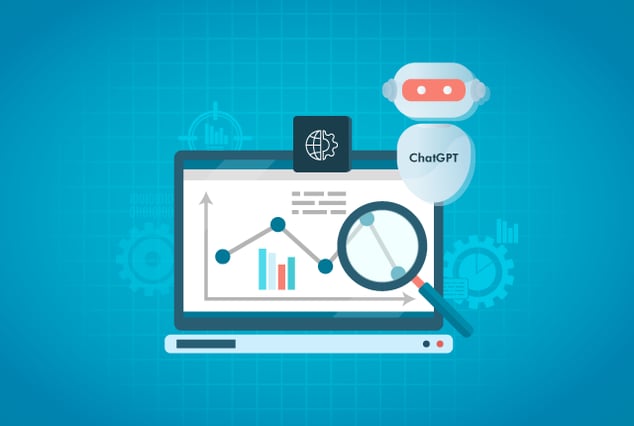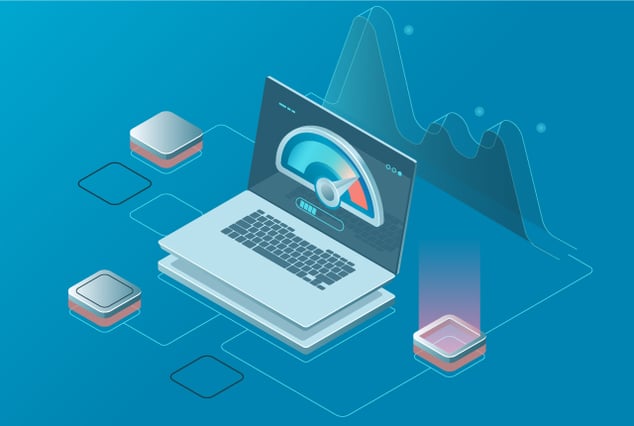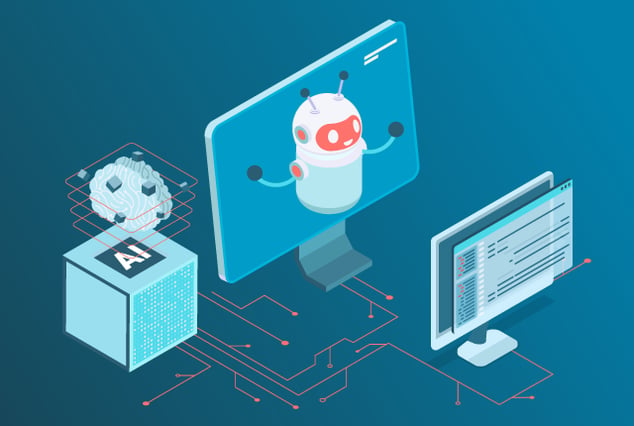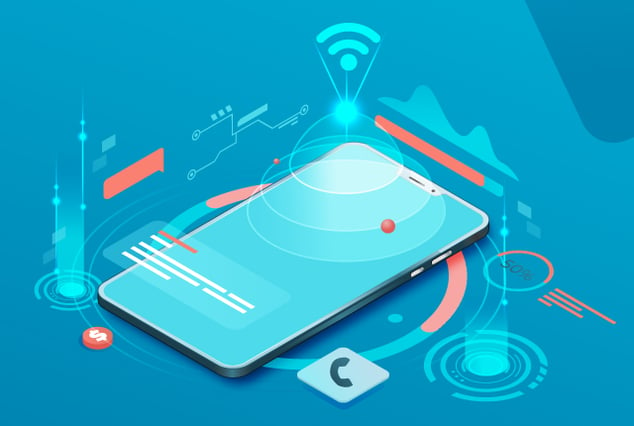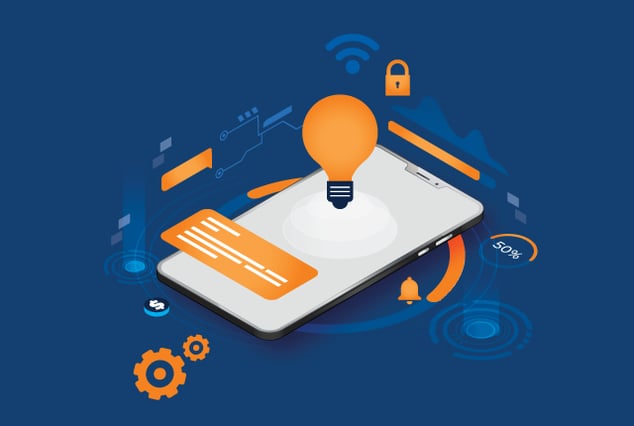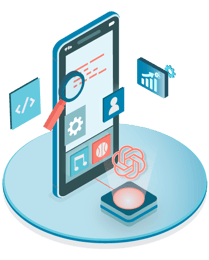
When developing mobile applications, testing is crucial to ensure the app works correctly on different platforms. However, manual testing can be time-consuming, costly, and prone to errors. ChatGPT can help simplify the testing process and make it faster and more efficient. This blog explores the benefits of using ChatGPT for mobile testing and how it can speed up the testing process.
Importance of Mobile Testing
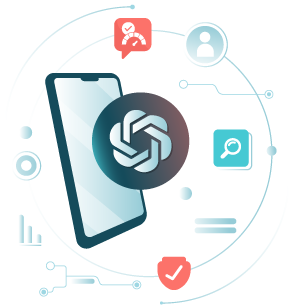
The efficacy of mobile applications is inextricably linked to the quality of mobile testing, given that end-users demand faultless performance, intuitive usability, and ironclad security. To meet these expectations, cutting-edge mobile testing techniques incorporate the deployment of ChatGPT, a colossal linguistic model developed by OpenAI hinging on the GPT architecture. By leveraging ChatGPT to craft conversational test cases for mobile applications, testing can be streamlined, optimized, and even more gratifying for testers.
How Can ChatGPT Be Used in Mobile Testing?
While manual testing methods have long been employed, they often need to improve efficiency, cost-effectiveness, and accuracy. Enter ChatGPT, a potent language model that has the potential to reshape the mobile testing landscape. Let's see a few facets accelerating the testing process while maintaining quality and thoroughness with ChatGPT:
- Dynamic Conversational Test Cases: Imagine testing a travel app. ChatGPT can simulate user interactions for booking flights, accommodations, and car rentals. Generating human-like responses ensures comprehensive coverage of different scenarios, such as cancellations or itinerary changes, revealing potential issues and enhancing overall app reliability.
- Efficient Localization and Accessibility Validation: Expedites localization validation in a shopping app by swiftly confirming accurate translations for product listings in diverse languages. For accessibility, consider a fitness app – ChatGPT can simulate interactions for users with visual impairments, ensuring compatibility with screen readers and evaluating voice-guided workout routines.
- Comprehensive Compatibility Testing: For a navigation app, ChatGPT aids in compatibility testing by mimicking user interactions across devices and operating systems. It can navigate routes, test voice-guided directions, and assess map rendering, revealing discrepancies that might arise on different screen sizes or platforms.
- Innovating Voice Assistant Testing: Incorporating ChatGPT into a music streaming app allows testers to evaluate voice assistant functionalities. Simulating voice commands for song selection, playlist creation, and playback control ensures accurate responses, enhancing the app's user-friendliness and voice interaction quality.
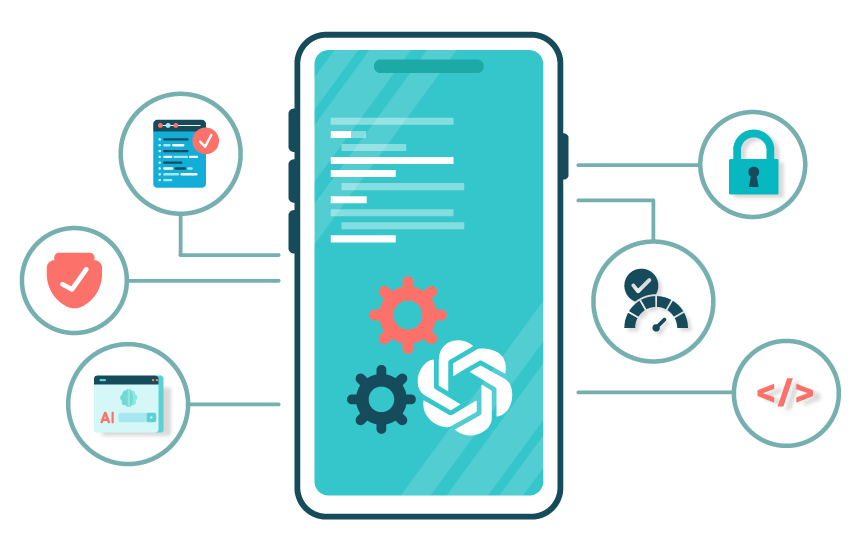
Why and How Can We Protect Customer Data/IP While Using ChatGPT?
- Implement strict data protection measures, complying with relevant data privacy regulations (e.g., GDPR).
- Ensure sensitive customer data is properly encrypted and securely stored during testing.
- Define access controls and permissions to restrict access to customer data only to authorized personnel.
- Sign non-disclosure agreements (NDAs) with testing teams or third-party vendors to safeguard intellectual property (IP).
Benefits of Using ChatGPT in Mobile Testing
-
Improved Test Coverage
Testers can utilize ChatGPT to develop thorough test cases that span a variety of scenarios and use cases. Teams can use this to ensure the mobile application functions as intended and meets user expectations.
-
Enhanced Test Quality
With ChatGPT, automation of tasks like configuration, environment setup, defect management, and test data management becomes possible. This automation can significantly enhance testing effectiveness while reducing effort.
-
Increased Efficiency
Several mobile testing processes, including test case generation and execution, environment setup, defect management, and test data management, can be automated using ChatGPT. This automation can greatly improve testing effectiveness while decreasing the time and effort needed for testing.
Limitations of ChatGPT in Mobile Testing
Device-Specific Testing
Lacks device-specific knowledge and understanding. It may not be able to handle testing scenarios that involve specific mobile hardware features or interactions.
Connectivity
Requires a stable internet connection to communicate with the OpenAI API. Fluctuations in network connectivity or limited access can disrupt the chatbot's functionality.
Privacy and Security
Involves transmitting user inputs and potentially sensitive data to external APIs. Ensuring data privacy and protecting user information is crucial to addressing security concerns.
Limitation on Generation of Comprehensive Test Cases
Ability to generate test cases may be limited. While inputs are important, the generated outputs may not always be comprehensive or relevant. It may lack the capability to create edge tests and cases for crucial corner scenarios in software testing.
Lack of Code Understanding
ChatGPT does not possess the ability to comprehend code in any form. Understanding code is essential for effective software testing, as it enables the identification of potential defects or bugs. Without coding knowledge, ChatGPT cannot analyze code logic or contribute to code-level testing.
Absence of Contextual Understanding
Importantly, ChatGPT lacks the capability to recognize the context or purpose of software applications. Consequently, it may provide inaccurate responses when used for software testing, as it cannot fully grasp the specific context and requirements of the application being tested.
Conclusion
The success of mobile applications relies heavily on effective mobile testing, and ChatGPT for QA can significantly assist by harnessing the power of AI. By automating critical mobile testing processes such as test case generation, execution, automation, and test data management, ChatGPT QA streamlines the testing workflow. However, while ChatGPT for testers is valuable, it is essential to acknowledge its limitations and not solely rely on it for testing. Mobile testers should exercise caution and ensure human oversight throughout the testing process to address potential shortcomings and ensure comprehensive testing.
Have Suggestions?
We would love to hear your feedback, questions, comments and suggestions. This will help us to make us better and more useful next time.
Share your thoughts and ideas at knowledgecenter@qasource.com



